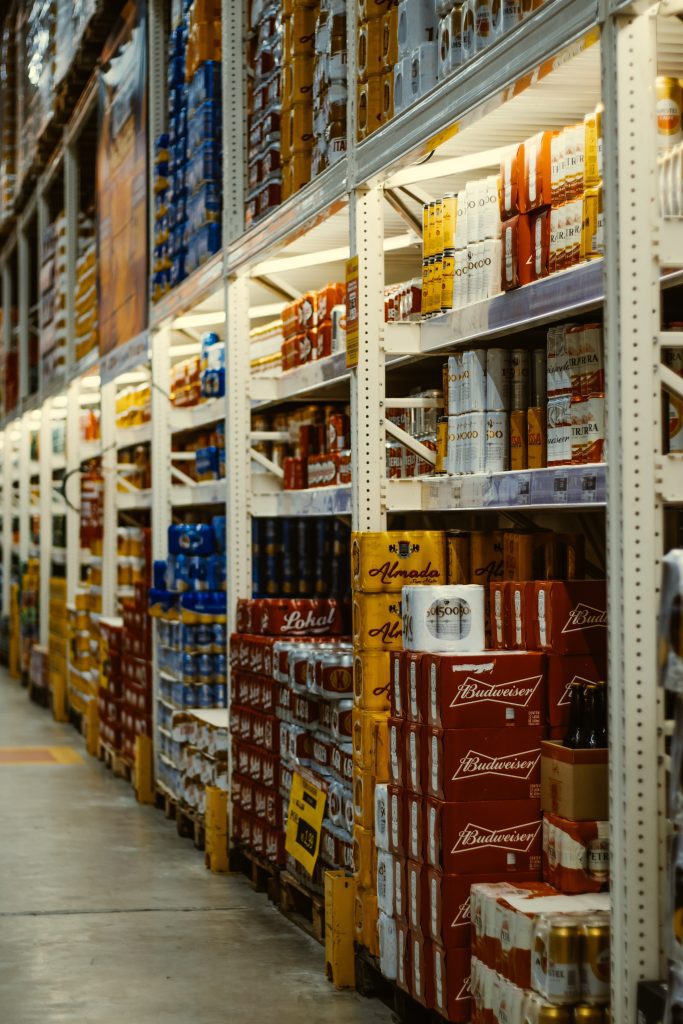The Costly Side Of Buying In Bulk: When It’s Not Worth It
Bulk buying, often touted as a savvy way to save money, can sometimes lead to financial waste rather than savings. While purchasing in larger quantities can be cost-effective for certain products, it’s essential to recognize when it may not be the wisest choice.

Perishable Goods: Buying perishable items like fresh produce, dairy, or bakery goods in bulk can often result in waste. These items have a limited shelf life, and unless you have a large family or can consume them before they spoil, you might end up throwing a significant portion away. In such cases, it’s more economical to purchase smaller quantities that you can realistically use.
Limited Storage Space: If your living space lacks adequate storage for bulk purchases, you may find yourself cluttered and disorganized. Extra storage solutions can be costly and negate any potential savings. Moreover, overcrowded pantries or freezers can lead to food spoilage and difficulty in tracking what you have, potentially causing waste.
Changing Preferences: Buying in bulk assumes that your preferences and needs will remain constant. However, tastes change, dietary restrictions may evolve, or you might discover new products you prefer. Stocking up on items you no longer enjoy can lead to waste and financial inefficiency.
Unused Non-Perishables: Non-perishable items like cleaning supplies, toiletries, or canned goods can also go to waste if you buy more than you can reasonably use before they expire. While these products have a longer shelf life, it’s essential to assess your consumption patterns and storage capacity.

Temptation to Overconsume: When you have a surplus of a particular item, there’s a tendency to overconsume. This can be counterproductive for health-related purchases, such as snacks or sugary beverages, as excessive consumption can lead to health issues and increased expenses down the road.
